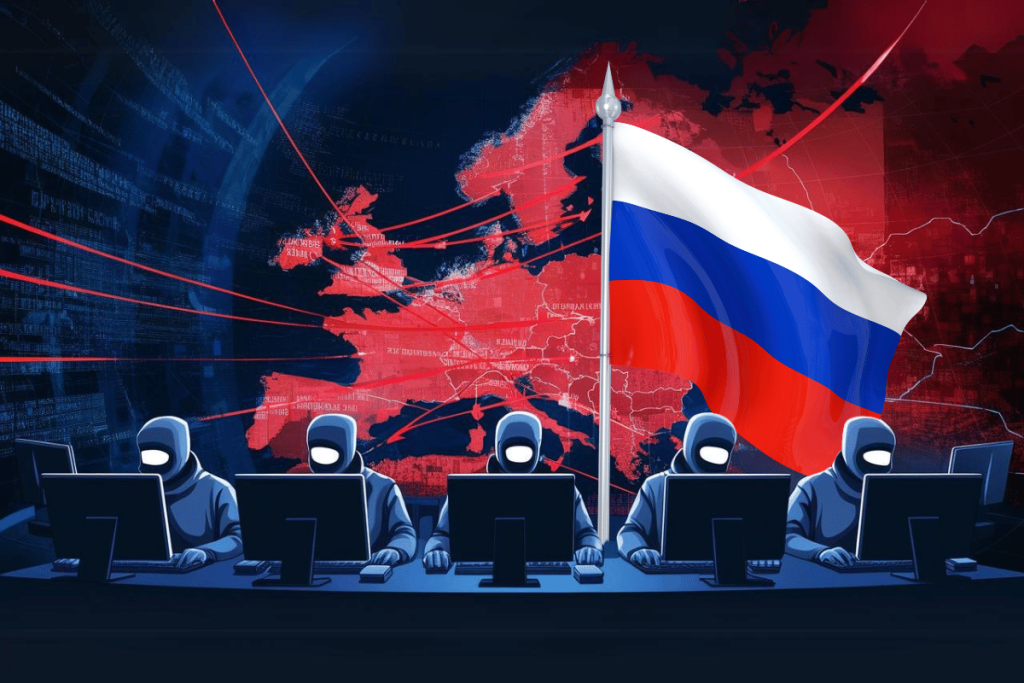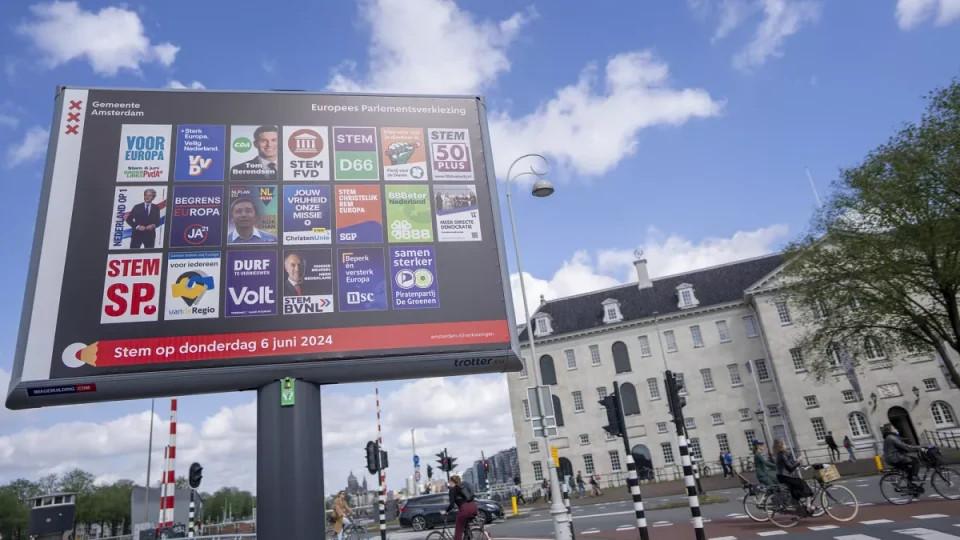FALCON POWERS – The websites of at least three political parties in the Netherlands were targeted on Thursday as Dutch voters cast their ballots in the European elections.
A pro-Kremlin hacker group has claimed responsibility for what seems to be a coordinated attack on the websites of Dutch political parties and EU institutions on the first day of the European elections.
At least three Dutch political parties – the Christian Democratic Alliance (CDA), the Party for Freedom (PVV) and the Forum for Democracy (FvD) – claimed their websites were targeted by cyber-attacks on Thursday.
HackNeT, a hacker group affiliated to Moscow, claimed responsibility for the attack on its Telegram channel, adding that it had also targeted the Dutch Reformed Political Party (SGP) and the European Court of Auditors (ECA).

The European Court of Auditors’ website appeared to be down on Thursday afternoon.
In a statement to Euronews, a spokesperson from the court said: “We confirm that since this morning, we are experiencing a cyber-attack (DDoS) which has rendered our internet site non-operational.”
“We are actively working to mitigate the issue,” the statement added. “In the meantime, we were able to ensure that other services remain unaffected and allow us to work normally.”
The Christian Democratic Appeal (CDA), which is affiliated to the centre-right European People’s Party (EPP), said in a statement on social media platform X that its website was “temporarily less accessible” due to a “serious” distributed denial-of-service (DDOS) attack.
The leader of the hard-right Forum for Democracy (FvD) party, Thierry Baudet, also took to X to announce that his party’s website was down. Baudet said that “the whole team is working overtime to repel the attack,” adding “Russia?”
The website of Geert Wilders’ Party for Freedom (PVV) was also down on Thursday.
It comes amid mounting concerns that the election – the biggest trans-national ballot in history – is vulnerable to efforts by malign foreign actors to subvert the vote.
EU officials said on Wednesday that they considered the 72 hours in the run up to the vote to be “critical,” adding that they had mobilised bespoke rapid alert teams to respond to any threats, such as cyber-attacks or coordinated disinformation campaigns.
The officials added that in several EU countries – including Italy, Spain, Germany and Poland – campaigns aimed at spreading disinformation around the vote had been detected in recent days, including efforts to dissuade voters from going to the ballot boxes or to encourage them to spoil their vote.
HackNeT is a hacking network that according to some Western cybersecurity firms works in coordination with the Russian intelligence services.


